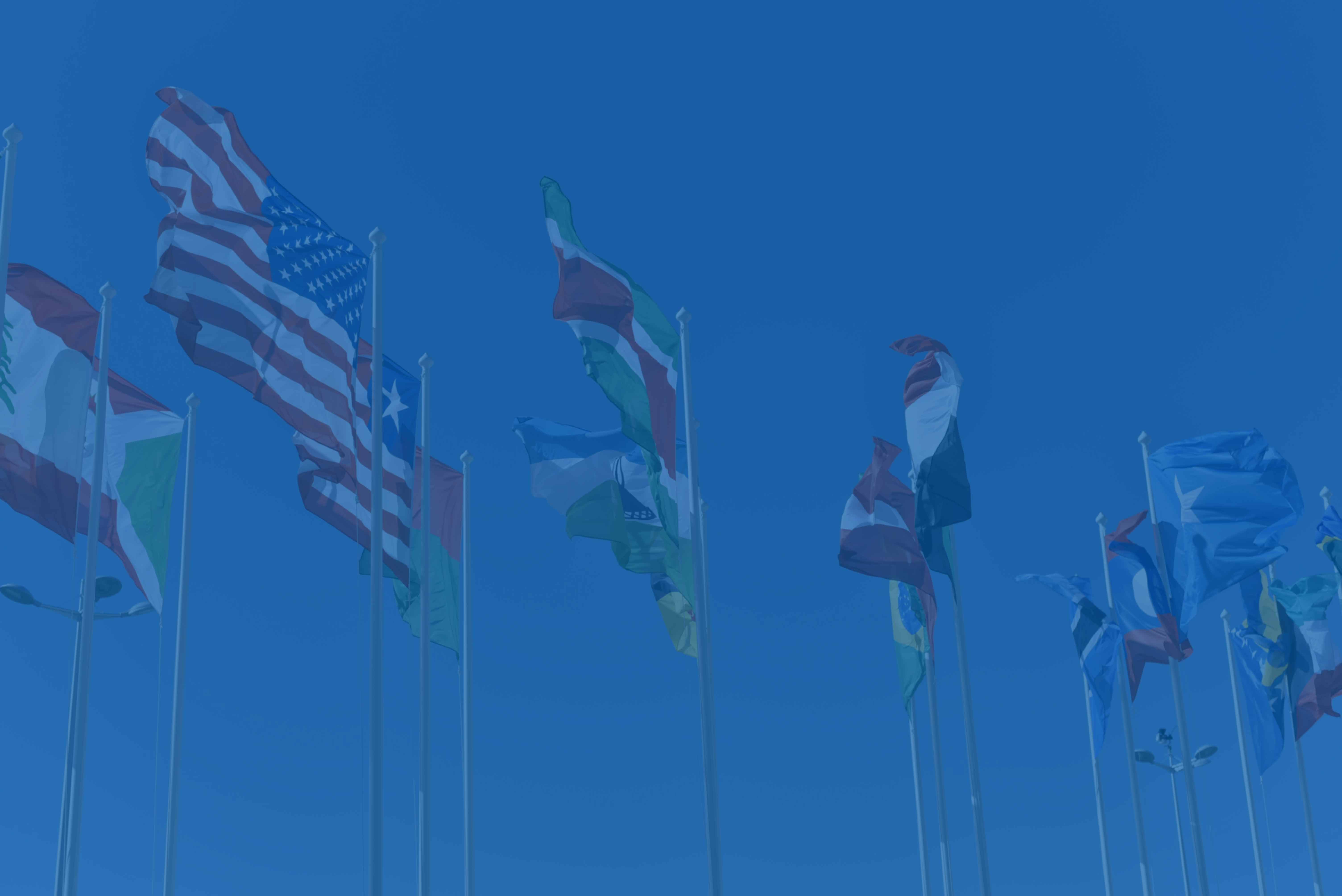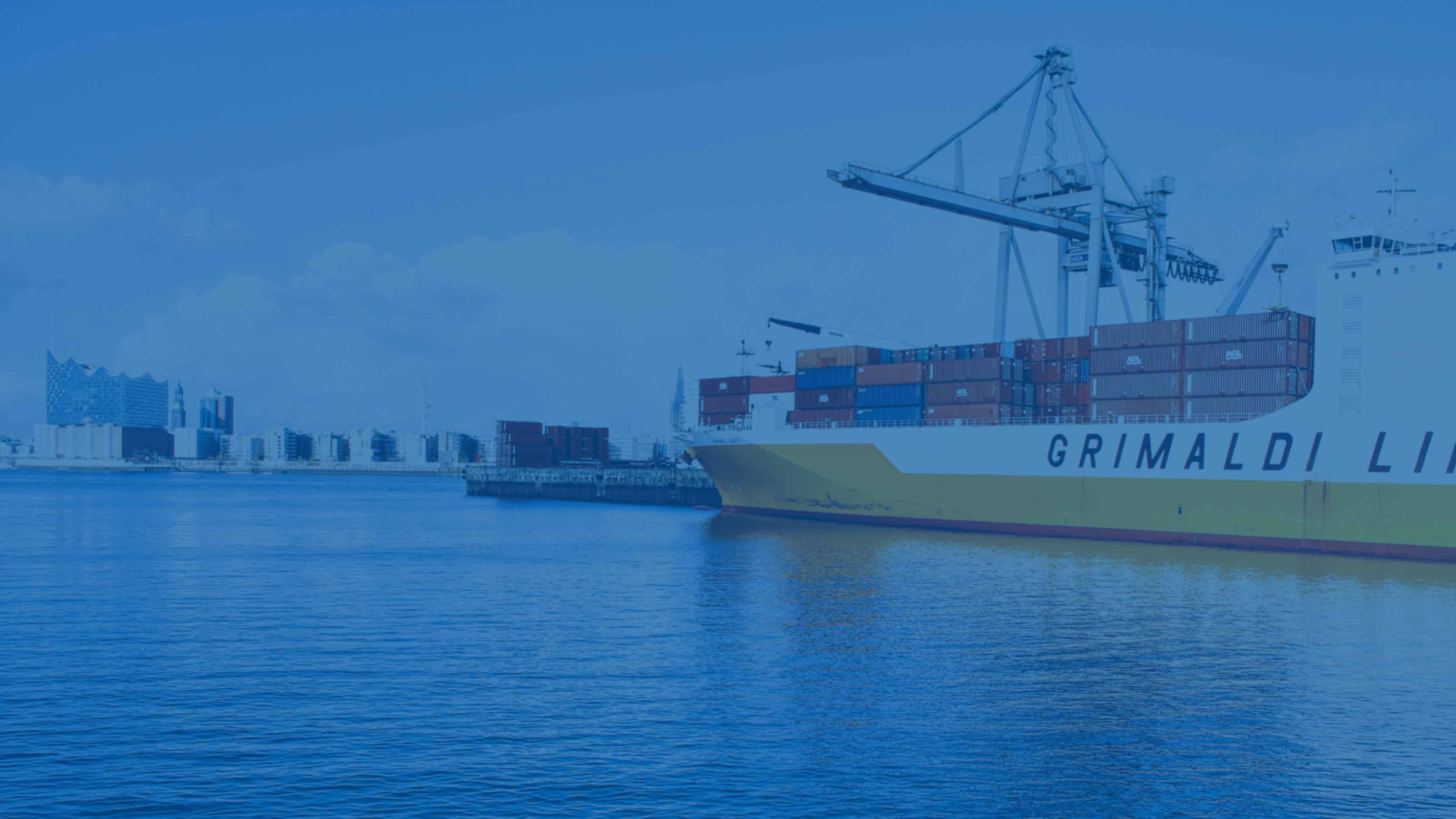Why tech companies around the world see Pakistan as the next big market
- Pakistan's burgeoning digital economy and 194 million-person population have global tech firms from China the US racing for a slice of the action
- Concerted efforts by the recently-elected government to support the IT sector and develop tech-friendly policies hold major promise for the country's digital ecosystem
Driven by increasing broadband penetration and smartphone usage, Pakistan’s e-commerce sector is expected to cross the $1 billion mark this year and reach $7 billion by 2020. While Pakistan already has 151 million mobile cellular subscribers, 57 million mobile data users, and 60 million broadband internet users, more than one million new users gain access to the internet each month. Google has also predicted that Pakistan will be one of four countries to produce the “Next Billion Users” of smartphones.
Pakistan’s burgeoning digital economy and its 194 million-person population have global tech firms racing to be first to market in what looks likely to be a digital gold rush. Start-up funding is set to rise six-fold to $300 million per year by 2020 as the technology entrepreneurship ecosystem matures.
In a move that could further incentivize these firms, Pakistan is set to roll out 5G services as soon as next year, which would make it the first South Asian country to do so.
Already, major tech firms have started making moves in the country, with Chinese technology firms leading the way. Chinese e-commerce firm Alibaba acquired Pakistan’s Daraz Group earlier this year for a reported $200 million. Alibaba-linked Ant Financial Services Group also invested $184.5 million to acquire a 45% stake in Telenor Microfinance Bank in order to develop mobile payment and digital financial services. As a result of this investment, Ant Financial’s mobile and online payments subsidiary Alipay is set to launch operations in Pakistan by end-2018. These investments are poised to fast-track the uptake of FinTech in Pakistan, which is already a regional leader in digital finance and branchless banking due to the booming growth in business-to-consumer e-commerce and progressive telecoms. Improvements in internet connectivity infrastructure due to the China-Pakistan Economic Corridor initiative are expected to attract other leading Chinese technology firms.
In addition to powerful Chinese technology giants, a number of other major international firms are looking to enter Pakistan.
US-based Amazon, for example, has recently been in talks with Pakistani e-commerce site Clicky.pk, in which it has acquired a 33% stake. Uber launched operations in the country in 2016, while classified ads firm OLX is striving to become the country’s leading used car sales platform. In addition to these large-scale investments, a number of international firms have also been looking to acquire Pakistani apps. South Korean firm Buzzvil, for instance, recently acquired the smartphone lock-screen app Slide.
Meanwhile, the Pakistani government is actively taking steps to lay the regulatory foundation for a strong digital economy, build international investor interest in the country, and develop its technology entrepreneurship ecosystem. These steps include enacting new digital-friendly policies, tax incentives for IT exports, and investments to promote technology entrepreneurship and digital skills. In May, for instance, the previous government extended tax breaks for IT exports and pushed provinces to adopt a 5% sales tax on digital services.
The recently elected Pakistan Tehreek-e-Insaf (PTI) government looks poised to provide even more support to the IT sector, having become the first Pakistani political party to come to power with an explicit strategy to build the digital economy and leverage technology for socio-economic transformation.
The strategy places the IT industry at the center of PTI’s economic policies and aims to make the country even more appealing to tech firms. PTI is planning to undertake major ICT infrastructure development initiatives, promote e-government, further boost IT exports, and liberalize regulations. It has also proposed the establishment of a Centralized Knowledge Economy Authority (CKEA) to further promote the digital economy. The government is also investing heavily in IT literacy and digital skills training, with support from the private sector.
According to a recent study, Pakistan provides 9% of the total number of freelancers globally.
As such, the government views outsourced IT services as a key growth area for investment and jobs, and it is laying the foundations for a tech-savvy workforce.
In order to achieve this aim, the Ministry of Information Technology and Telecommunication has launched National Incubation Centers in major cities across the country to foster entrepreneurship. Meanwhile, the Punjab government’s E-Rozgaar digital skills training program has trained over 10,000 university graduates in freelancing skills to date. Similar training programs have been launched in other provinces, including the KP Digital Skills Training Program and the National DigiSkills Program.
International firms have also begun providing support to the government’s digital skills training and entrepreneurship initiatives. Facebook, for instance, has partnered with the E-Rozgaar program to develop training courses.
Meanwhile, China’s Huawei has launched an ICT skills competition for Pakistani students in partnership with the Higher Education Commission (HEC). In the competition’s most recent cycle, 10,000 students participated. Tech firms have also established start-up competitions in Pakistan, such as UberPITCH and Careem ERUPT.
While these initiatives hold great promise for the development of Pakistan’s digital economy, its future growth can only be sustained by laying the necessary regulatory foundations. In particular, Pakistan must reduce its historically steep withholding taxes on mobile services, clarify its provincial-level imposition of sales tax on digital services, and enact world-class data privacy laws. It must also work to balance the development of its digital economy with freedom of speech concerns, over which it has already squabbled with Twitter and Facebook. While it remains to be seen whether the government will implement these changes, international tech firms are likely to continue investing in Pakistan, as they will not want to miss out on Pakistan’s digital gold rush.
































